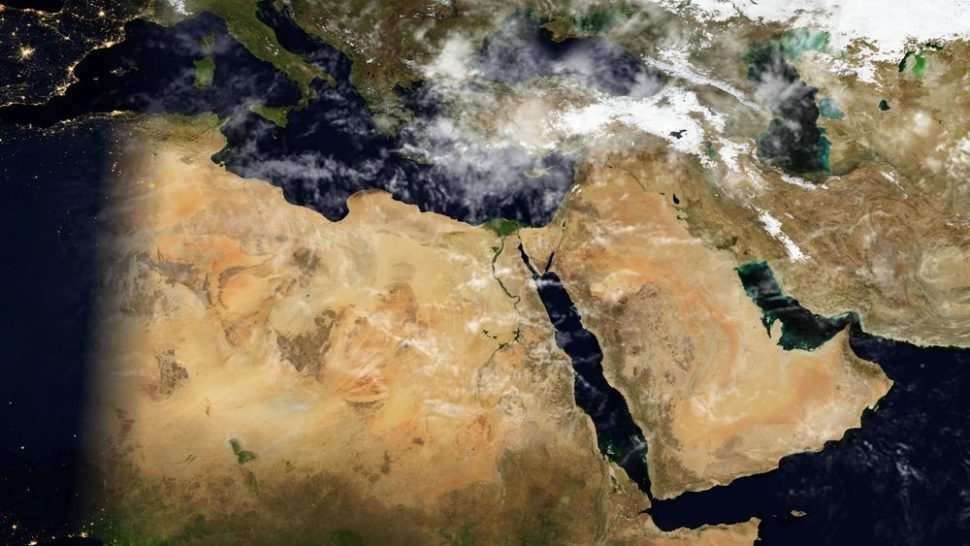From 46 in 2013, the number of FinTech startups in MENA region has reached 105, which have raised over $100 million USD in development capital. These two figures are expected to double by 2020.
MENA countries, ones from the Middle East and North Africa, have reached a tough juncture, marked by interconnected challenges from civil unrest, political turmoil, and economic pressure. In such a context, where all issues boil down to socio-economic questions, governments of MENA countries should bet on the private sector, especially tech-oriented companies to drive growth.
Unleashing MENA Potential
In a study, “Jobs or privileges: unleashing the employment potential of the Middle East and North Africa,” the World Bank urges governments to overhaul the policies that protect “privileged” companies. These are businesses that are close to the in-power political circles that gain many advantages while giving much less in return, economically-speaking.
The Middle East and North African e-Commerce is set to quadruple by 2020.Click To TweetCompanies in MENA countries with weak or no political “connections” would often face unfavorable policies that take different forms: exclusion from government programs, restricted access to the domestic market, regulatory burdens and general economic uncertainty for firms without political sway.
Placing all firms on an equal footing would foster competition and enable the private sector to thrive that will then be able to make considerable progress in creating jobs, which would translate to economical growth and socio-political stability.
MENA’s Infant FinTech Ecosystem
Headquartered in Dubai, Wamda (which means “sparkle” in Arabic) is an organization that supports the entrepreneurial spirit and business initiatives in the MENA region. Along with PAYFORT, an online payment platform, Wamda Research Lab released a report that provides in-depth data about FinTech in MENA.

According to the ‘State of FinTech,’ over $100 million USD were invested in Fintech in the MENA region over the last decade, with $50 million expected for 2017 alone. In 2013, the number of Fintech startups was 46. Then, in 2015, that number increased to 105–with the United Arab Emirates leading the pack with 30 independent FinTech startups–and the overall MENA number is expected to reach 250 by 2020.
WRL’s report also showed that four out of five FinTech co-founders have a professional background in financial services. Against half that offer some form of payment solution, about 30% of Fintech are involved in money lending and capital raising.
FinTech startups will be able to propose tailored financial solutions for urgent and delicate problems in a region where 86% of adults do not bank, and 90% of banking customers have yet to try FinTech solutions. That means there’s a big room for Fintech growth in a 355-million customers market where e-Commerce is expected to quadruple by 2020.



















The major reason is there is lack of financial inclusion in MENA countries. Thanks for sharing the information.
Regards
holisolscs.ae
This is an interesting blog post that provides a comprehensive overview of the FinTech landscape in the MENA region. You highlight the challenges and opportunities that FinTech startups face in this dynamic and diverse market. I appreciate the data and insights that you share from the Wamda Research Lab report. I think this is a valuable resource for anyone who wants to learn more about the FinTech potential in the MENA region. Thank you for sharing!